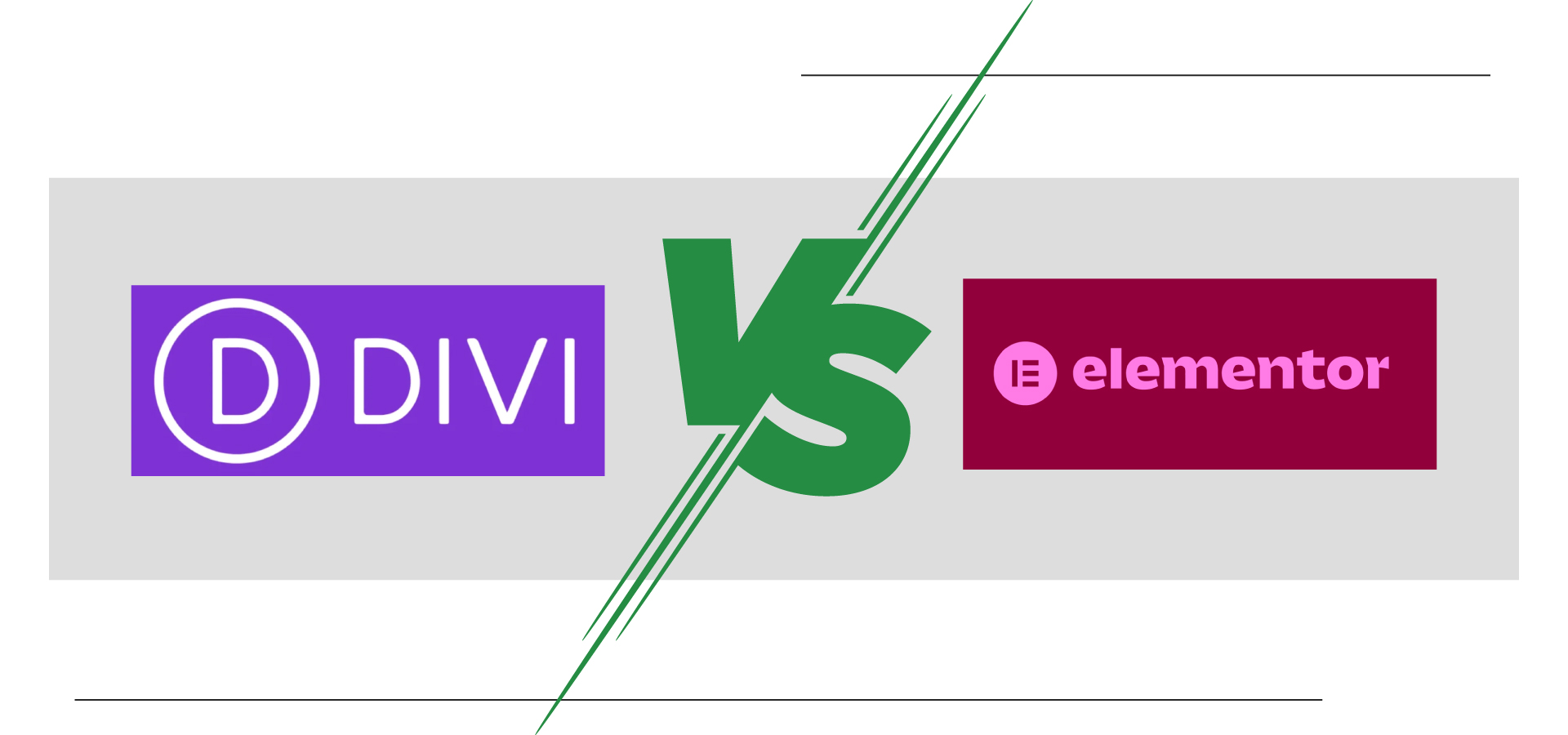How to use google keywords for SEO: Many people know that SEO aims to rank well in search engines for relevant keywords. However, when you have numerous options for your product or service, you might be unsure how many SEO keywords to target. Going after too many could dilute your efforts, while targeting too few could mean missing out on potential opportunities.
Are SEO Keywords Calculated by Site or by Page?
When determining SEO keyword relevance and ranking, Google considers each web page a distinct entity. This approach ensures that pages are evaluated based on unique content and keyword optimization strategies. Therefore, optimizing each page individually is critical for enhancing visibility and performance in search results. By focusing on specific keywords for each page, businesses can better tailor their content to match user search intents, a crucial step in increasing the likelihood of attracting relevant traffic and improving overall SEO effectiveness.
How Many Targeted Keywords Should Be on a Page?
SEO strategies in 2024 continue to emphasize optimizing pages with targeted keywords. SEO agencies currently recommend various approaches: some advocate focusing on a primary and one or two secondary keywords, while others suggest targeting between two to four keywords overall without distinction. Content length also remains significant; longer pages typically accommodate more keywords, potentially enhancing their visibility and relevance in search results.
It’s crucial to analyze several factors when deciding the number of keywords to target per page, including your chosen keyword’s competitiveness, your website’s specific characteristics, and current SEO trends. This comprehensive approach ensures that your SEO efforts are practical and aligned with current best practices, a necessity in the ever-evolving world of SEO, aiming to improve rankings and attract targeted traffic effectively.
Why the Number of SEO Keywords Should Be Limited
For several reasons, limiting the number of targeted SEO keywords is crucial for increasing the likelihood of success. Each keyword must be integrated into the content at approximately 1-2% density, ensuring it remains natural and readable for human audiences. If a page attempts to incorporate too many keywords—such as a list of 20—it can result in awkward and unintelligible content.
Additionally, the length constraints of crucial page elements like titles, meta descriptions, and meta titles further restrict the number of keywords that can be effectively utilized. While including one or two keywords in these elements can enhance their ranking potential, overcrowding with multiple keywords diminishes their impact. Typically, only a single or concise keyword phrase fits well within these limited spaces, optimizing relevance and readability for search engines and users alike.
What About Using Related Keyword Terms?
Many SEO professionals advocate using related keyword terms, often referred to as “LSI keywords” (Latent Semantic Indexing keywords), to reinforce the relevance of your main keywords to Google. These terms are believed to help Google understand the overarching theme of your page, ensuring it aligns closely with your targeted keywords without appearing overly stuffed with specific terms.
Despite Google’s statement that it doesn’t specifically look for LSI keywords, these related terms are still considered valuable for providing context and thematic relevance to your content. Some industry experts, like SEMRush, prefer to call them “semantically related words” to emphasize their role in supporting the main keyword’s focus on the page. Integrating such terms strategically can enhance your content’s overall comprehensiveness and SEO effectiveness.
If You Have More SEO Keywords to Target
If you have more SEO keywords you want to target, consider creating additional web pages. This approach has several advantages:
- More Content: Producing more content can attract a larger audience and improve visibility. More content creates more chances and can encourage visitors to return to your site to see what’s new, especially your page for business customers. Fresh content can also be shared on social media, driving additional traffic to your site and keeping your audience engaged.
- Specific Relevance: Each page can focus on a particular topic, ensuring that visitors quickly find the information, product, or service they are looking for. This improves user experience by avoiding the need to sift through unrelated content. Targeted pages can also rank better for niche keywords, attracting more specific and qualified traffic.
- Ease for Search Engines: Multiple pages with focused content make it easier for search engine algorithms to understand and index your site correctly. This reduces the risk of confusing the algorithm with mixed signals, which could result in poor or irrelevant rankings. Clear, topic-specific pages can improve crawl efficiency and help search engines categorize your content accurately.
- Improved Authority: A wide array of content can establish your site as an authority in your field. It can lead to higher trust from users and search engines, improving your overall search rankings. It also enhances the chances of earning backlinks from other reputable sites, boosting your SEO.
- Better User Experience: Creating dedicated pages for specific topics improves user experience by offering detailed, relevant information. It can lower bounce rates and increase users’ time on your site, sending positive signals to search engines.
- Targeting Long-Tail Keywords: Creating more pages allows you to target long-tail keywords, which are often less competitive but highly relevant to specific queries. It attracts more targeted traffic to your site and boosts conversion rates.
- Analytics and Insights: More content and targeted pages provide better data for analysis. You can track which topics your audience likes most, helping you improve your content strategy and focus on what works best.
Regularly updating your site with new, keyword-rich content can keep it fresh and more attractive to users and search engines. This ongoing effort can improve your SEO performance, helping you stay competitive.
Why Hire Great Impressions for Your SEO Keywords?
Great Impressions offers expert SEO services to help your business succeed. Our team stays updated on Google’s latest algorithm changes, including local search results, which are crucial for companies with physical locations.
We provide more than just keyword ranking tips. Our services include creating high-quality, SEO-friendly content, managing off-site SEO activities like building backlinks and handling reputation management. We develop personalized SEO strategies that align with your business goals and offer detailed analytics to track your progress and measure ROI.
With Great Impressions, you can trust that your SEO strategy is in expert hands. Contact us or fill out our form for a quote to start ranking for your desired keywords. We’ll consult with you and suggest the best path forward.





